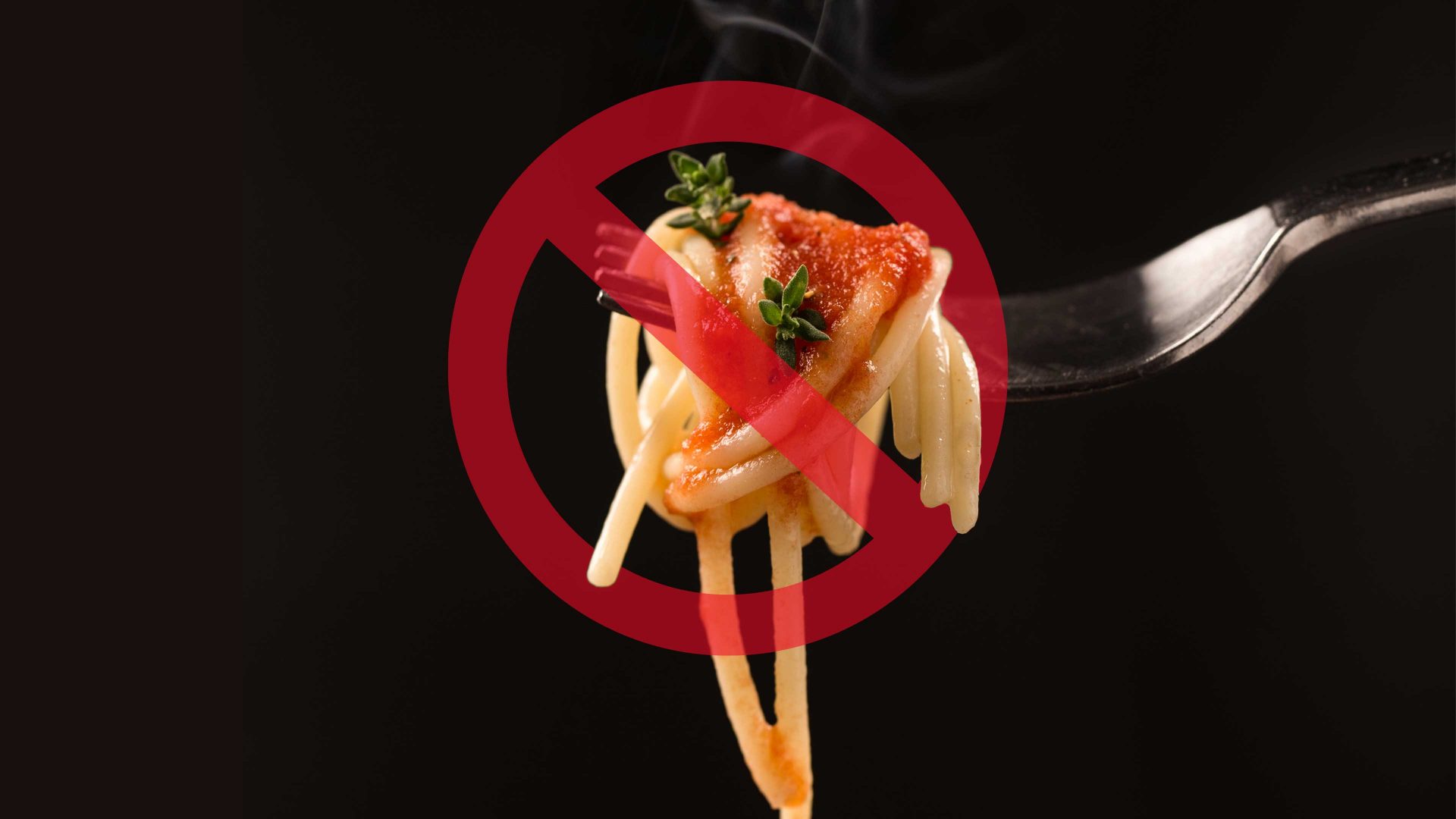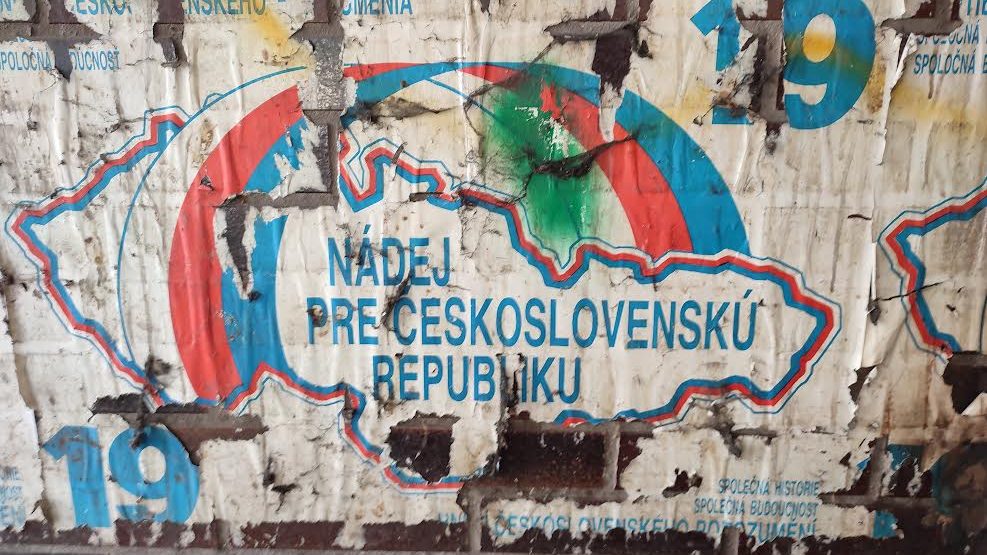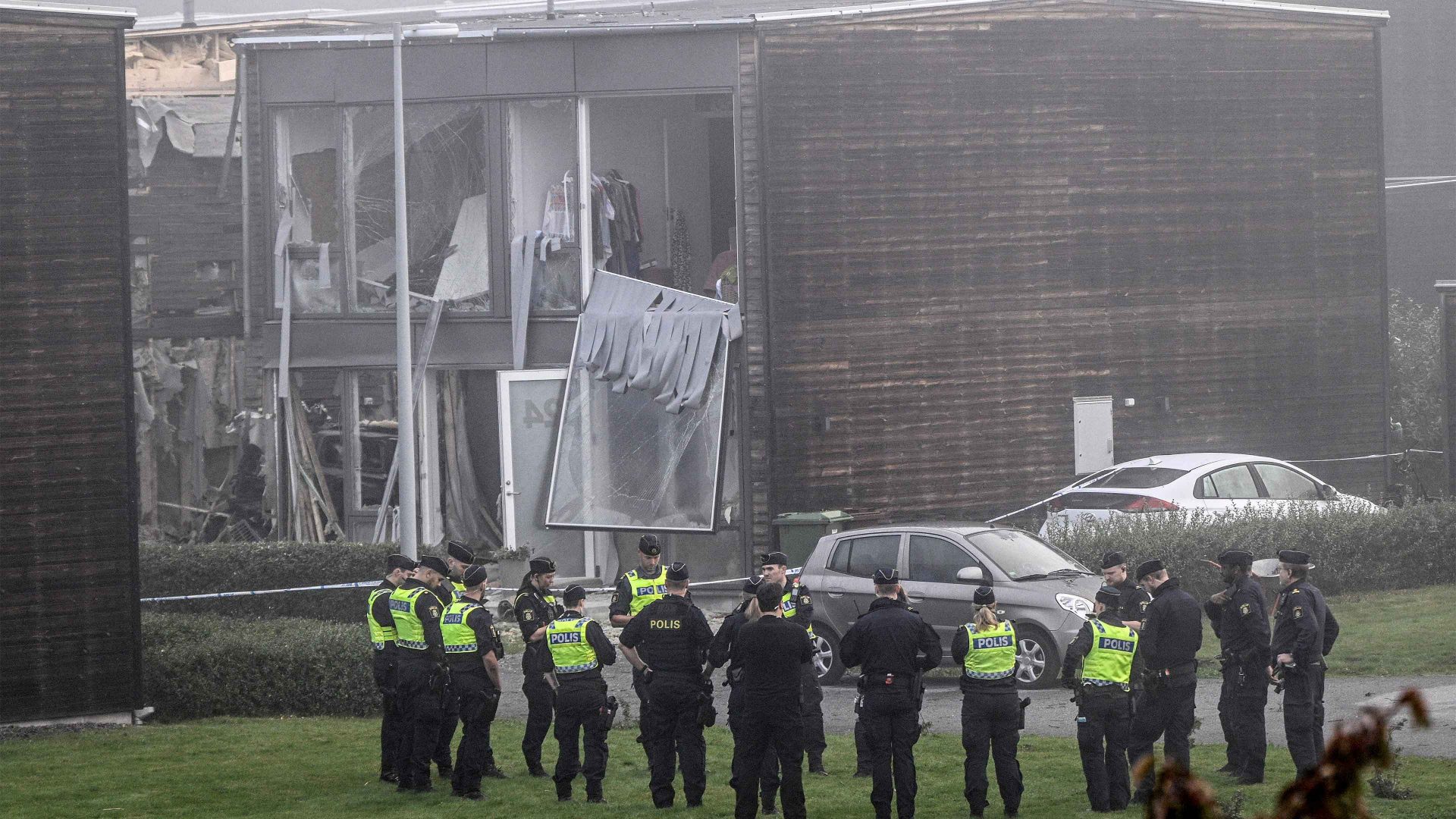In Bologna, the native, real Bolognese people moved out of the historic centre long ago. Now hordes of hungry tourists invade the picturesque alleys, craving tagliatelle al ragù, lasagne, tortellini and other succulent, iconic local dishes.
The hotel I stayed at, a former brothel neatly restyled into luxury accommodation by attaching the adjacent convent cloister – a typically Italian mix – had been fully booked by Americans. An old man was working on his laptop from a balcony loggia and a couple with a strong Louisiana accent were excitedly chatting on the phone to friends in the US.
The two restaurants on the opposite side of the street were also packed with tourists. There were Germans, Brits, Turks and French. My mother and I were the only Italians – I felt like a fish out of water.
One lunchtime, at 2.30pm – which is kind of late even by my Roman standards – I was just finishing a rare steak when a German couple stomped in, dragging a toddler with them, and asked if they could have lunch.
Paola, the owner and chef of the traditional Osteria Al Sangiovese where I was eating, told them it was too late for lunch, the kitchen had shut and they should have called in the morning to book.
The Germans got mad and left. Then Paola came over and vented her frustration.
“As happy as we may be that tourists flock here for our recipes, they can’t eat at any time of the day, without respect for our traditions. They want tagliatelle for breakfast and lasagne at midnight. We have to send them away. Often they also ask for dishes that don’t even exist: there is no such thing as ‘spaghetti bolognese’. The term was invented by tourists. The real name is tagliatelle al ragù.”
So we started chatting, and much to my surprise I learned that food tourism is destroying Bologna’s ancient culinary heritage.
Tourists travelling across Italy stop by in Bologna just to eat, chomping down platefuls of tagliatelle before hopping back on a train that will take them to Florence for a potent injection of art, or to Milan for a shopping spree.
Paola finds it infuriating. “They come in groups, book tables and order everything on the menu. They gulp it down in a hurry. Bologna has always been Italy’s food cradle, but theirs is a devouring, hit-and-run ravenous approach that is raping our slower-paced eating habits.”
She desperately tries to explain to hungry day-trippers that authentic tagliatelle, made nonna’s way, has been homemade for centuries, and that tortellini must be paired with a specific broth, not tomato sauce. Truth is, she admits, many foreigners have a low, cliched view of Bologna’s food culture.
“We can’t destroy our habits and traditions,” she says, “or we’ll die.”
The other restaurant nearby has come up with fancy twists to lure foreign palates: I need to force myself to eat spaghetti with sea urchins cooked in pieces of melon and strawberry. There’s no bread on the table, no extra virgin olive oil, no salt or pepper, which you’d normally find in any Italian restaurant. I had to ask the waiter to bring them, and he apologised, saying that not all foreign diners ask for bruschetta, or bread.
The peak time of year for food tourism is August and September, when the resident Bolognese escape to the Riviera Romagnola for some beach fun and a fresh breeze, emptying the streets and making room for hungry holidaymakers.
Tourism is a lifeline for Italy’s economy, and food tourists are very welcome. But Bologna is at risk of being turned into a tourist’s vending machine – and that isn’t welcome at all.




